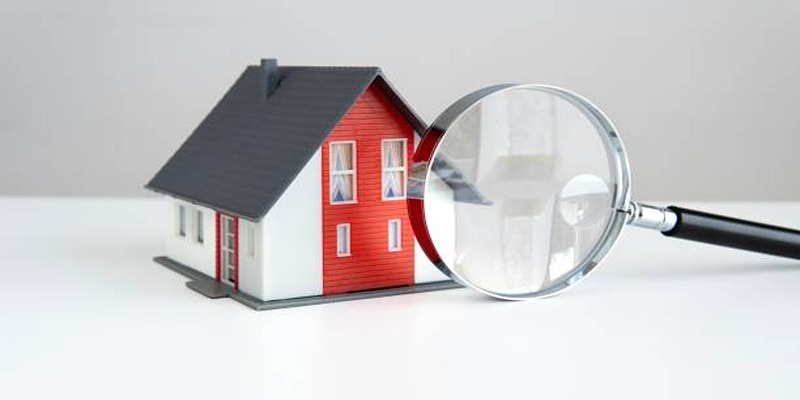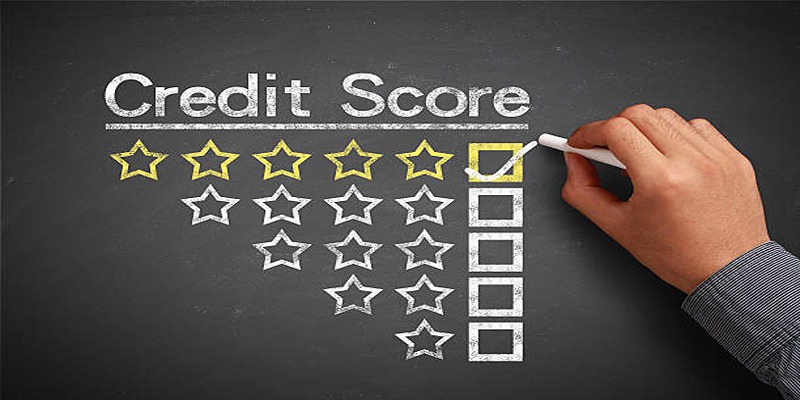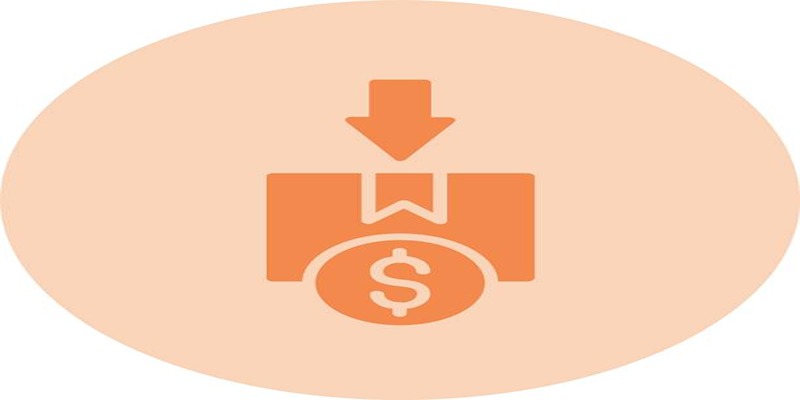Timing your credit card payment isn’t just about avoiding late fees—it can actually shape your financial health. Many people assume that paying their credit card bill on the due date is enough. Still, the truth is that strategic timing can lower interest charges, boost your credit score, and improve your overall financial management.
Knowing how credit card billing periods function and when to pay will keep you from incurring unnecessary charges, lower your credit utilization, and even save you money down the road. When to pay your credit card bill is based on how you utilize your card, if you have a balance, and how you wish to affect your credit score.
Understanding the Credit Card Billing Cycle
Each credit card also has a billing cycle that usually takes 30 days. After the billing cycle ends, your card issuer will send you a statement that reflects all the transactions during the cycle, along with the amount you need to pay. Your statement's due date is the last day you should make at least the minimum payment without incurring a late charge.
Still, just because a payment is coming due on a specific date doesn't mean you should wait until it arrives to make it. Your credit card balance is reported to the credit bureaus based on your statement balance, not your current balance. This is why even if you pay your bill in full, a high reported balance can negatively impact your credit score.
Credit card companies usually report your balance the day before or the day of billing closure. If you have a high balance, your credit utilization ratio—how much you owe versus your overall limit—may go up. As credit utilization is a significant influence on your credit score, it's worth considering making payments early before your statement closure date. By paying off your balance ahead of time, you can reduce the amount that is reported to the credit bureaus and even increase your credit score.
The Best Time to Make a Credit Card Payment
Choosing the right time to pay your credit card bill can help you save on interest, improve your credit score, and maintain better financial control.
Paying Early to Reduce Interest
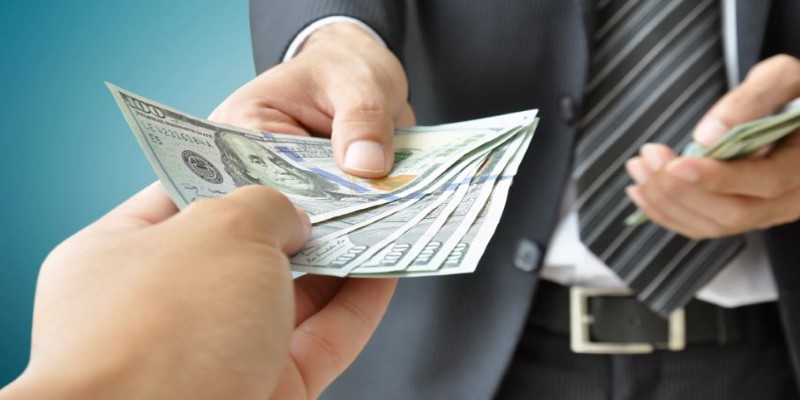
For those who carry a balance from month to month, making an early payment can significantly lower interest costs. Credit card interest is calculated daily based on your balance, meaning the longer you carry a balance, the more interest you accumulate. Paying before the due date, or even making multiple small payments throughout the month, can help minimize interest charges. Even a partial early payment reduces the amount subject to interest, helping you pay off your balance faster and save money in the long run.
Paying Before the Statement Closing Date for Credit Score Benefits
If your goal is to boost your credit score, making a payment before the statement closing date is a smart strategy. Credit card issuers report your balance to the credit bureaus at the end of your billing cycle, not on your due date. If you pay down your balance before the statement closing date, your reported balance will be lower, which reduces your credit utilization ratio. Since credit utilization plays a significant role in determining your credit score, keeping it low can have a positive impact. This is particularly useful if you frequently use a large portion of your credit limit.
Making Multiple Payments to Keep Balances Low
Some cardholders prefer to make multiple payments throughout the month rather than a single large payment. This approach helps keep your credit utilization consistently low and prevents a high reported balance. If you use your credit card frequently for daily purchases, paying it off in smaller increments can make it easier to manage your spending. It also eliminates the stress of dealing with a large payment at the end of the billing cycle and ensures that your balance remains manageable.
Paying on the Due Date vs. Paying Early
Many people assume that making a payment by the due date is enough. While this ensures you avoid late fees and potential damage to your credit score, it doesn’t necessarily provide other financial benefits. If you’re only paying the minimum amount due, interest will continue to accumulate on the remaining balance.
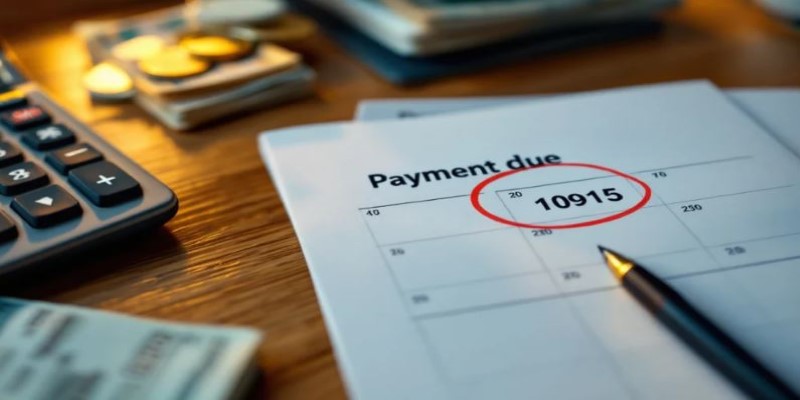
On the other hand, paying early gives you more control over interest costs and credit utilization. Making an early payment reduces your statement balance, meaning that less debt is reported to credit bureaus. This can be especially beneficial if you’re planning to apply for a loan or mortgage, as lenders look at your credit utilization when assessing creditworthiness.
Another benefit of paying early is reducing financial stress. Waiting until the last minute to make a payment can sometimes lead to unexpected issues, such as processing delays or technical problems with your bank. Paying in advance ensures that your payment is processed on time and gives you peace of mind.
For those who use credit cards primarily for rewards, paying in full before the due date is the best approach. This allows you to maximize rewards without paying interest. Since rewards are based on spending rather than carried balances, there’s no advantage to keeping a balance on your card.
Conclusion
Paying your credit card bill at the right time can improve your financial health by reducing interest costs, lowering credit utilization, and boosting your credit score. If you carry a balance, making early payments helps cut down on interest. If your goal is a better credit score, paying before the statement closing date keeps your reported balance low. Multiple payments throughout the month can also help with budgeting and avoid last-minute stress. Understanding your billing cycle and payment timing gives you control over your credit and finances, helping you avoid unnecessary fees while maintaining a strong financial foundation.

